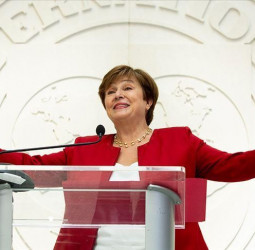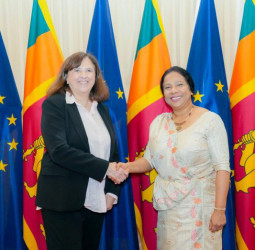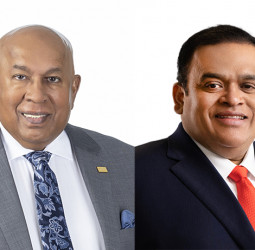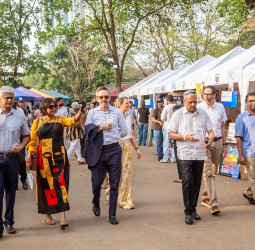Since October 2023, Lebanon has witnessed significant violence and displacement due to escalating conflict, primarily in the southern regions near the border with Israel. According to recent data, over 2,500 lives have been lost, with more than 12,000 individuals injured. The conflict has led to the displacement of approximately 1.2 million people, with limited access to essential resources, shelter, and healthcare. The Lebanese healthcare system, already burdened by an economic crisis, is facing immense pressure as it struggles to support the displaced and injured populations.
In response to the escalating humanitarian needs, Medecins Sans Frontieres (MSF)/Doctors Without Borders has scaled up its operations across Lebanon since September 2024. MSF teams are conducting medical consultations, offering psychological first aid, and providing mental health support through individual and group sessions. They have set up mobile medical teams across governorates including Beirut, Mount Lebanon, Saida, Tripoli, Bekaa, and Akkar to address urgent healthcare needs. MSF has carried out 8,281 medical consultations so far. In addition to healthcare, MSF has distributed essential supplies, including hygiene kits, mattresses, blankets, and drinking water. To aid overwhelmed hospitals, MSF has provided 34,500 liters of fuel and 88 tons of medical supplies. Training for over 100 healthcare workers in trauma care has also been organized. For shelters and displaced communities, MSF has arranged water trucking and distributed over 7,000 meals.
Amid the ongoing Israeli bombardment and incursions across southern Lebanon, countless families have been uprooted, many seeking refuge in the coastal city of Saida. MSF mobile medical teams have been visiting several locations in the southern city, offering general healthcare, medication, and mental health support to people displaced by the violence. One of our patients is Khadija, a Syrian refugee and mother of five, who was displaced from Nabatieh with her family. “She’s fading right before my eyes,” says Khadija, pointing to her seven-year-old daughter, who she says suffers from stunted growth. She describes the harsh conditions in the open parking lot by the Saida coastline where they’ve sought refuge. “We never feel clean. People are competing over food here, and we don’t have enough clean water to wash. We go to the sea to relieve ourselves, but there are often men around.” Her children are battling various health issues and it's breaking her spirit. “Sidra, 13, has asthma, Hiba, 7, weighs barely 10 kilograms, and Malak, my 8-month-old, has a fever and diarrhoea. I breastfeed her whenever I can, but it’s not always enough, and I can’t properly clean her bottles.”
MSF has raised concerns about the attacks on healthcare workers and facilities, which have led to the deaths of 95 health workers and the closure of numerous primary health centers. MSF urges all warring parties to spare civilians, medical facilities, and medical personnel in Lebanon to ensure that vital healthcare services can adequately address people’s urgent medical needs.
As the conflict intensifies, MSF remains adaptable, evaluating needs regularly and coordinating with the Ministry of Public Health and other humanitarian actors. MSF urges international stakeholders to increase diplomatic efforts to prevent further deterioration of the humanitarian situation in Lebanon.



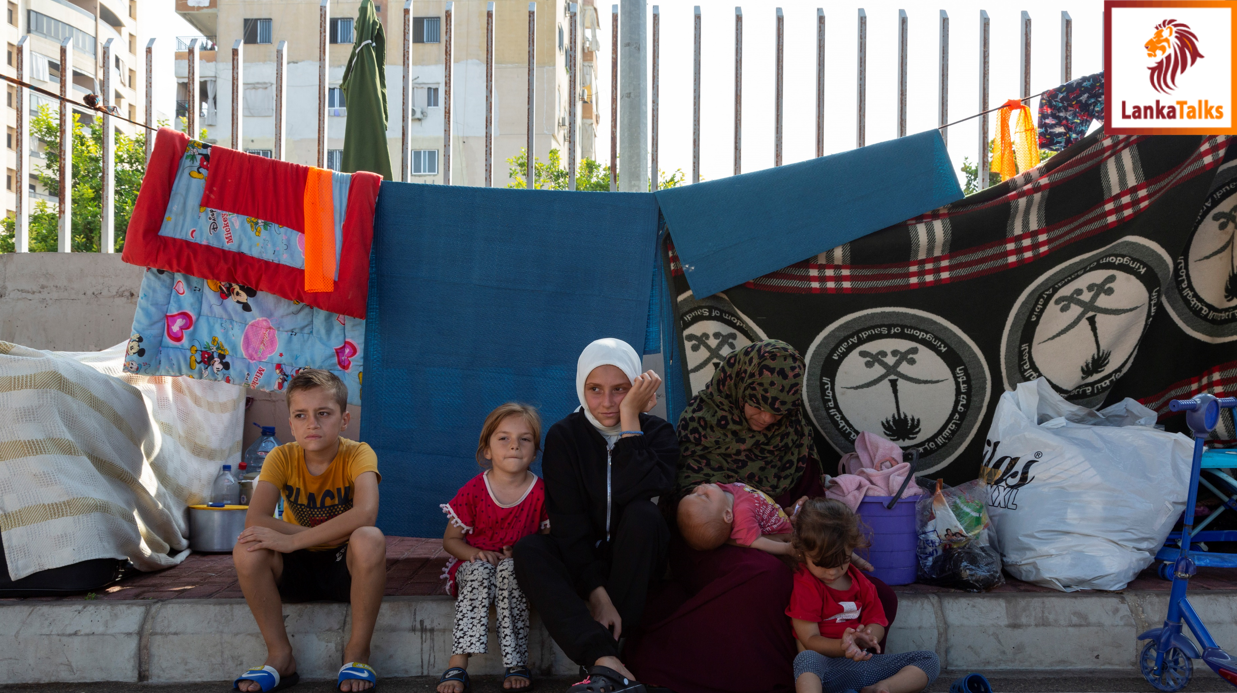
 Thishila Mewan
Thishila Mewan